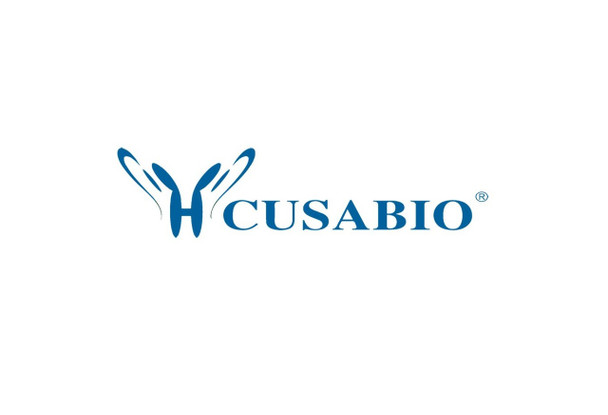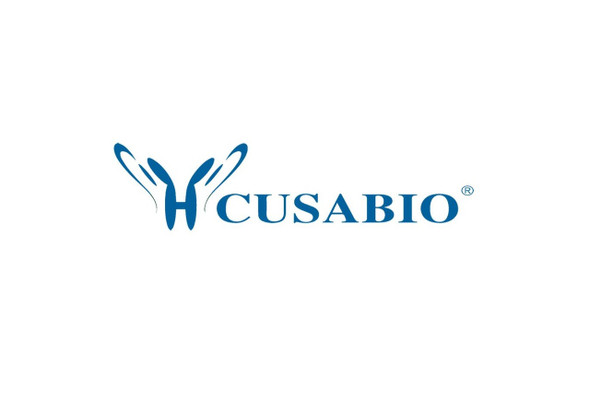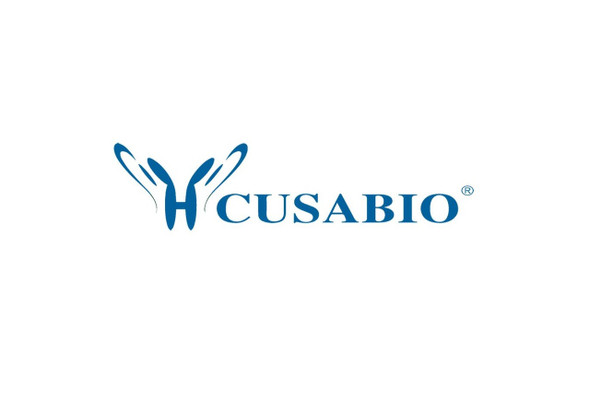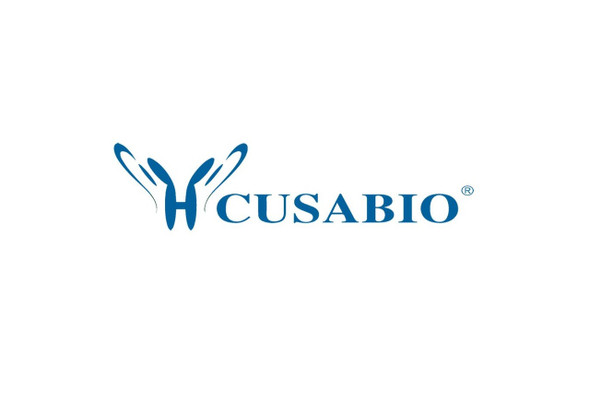Cusabio Virus & Bacteria Recombinants
Recombinant Giardia intestinalis Endoribonuclease Dicer-like?GL50803_103887? | CSB-EP419783GFY
- SKU:
- CSB-EP419783GFY
- Availability:
- 13 - 23 Working Days
Description
Recombinant Giardia intestinalis Endoribonuclease Dicer-like?GL50803_103887? | CSB-EP419783GFY | Cusabio
Alternative Name(s): GL50803_103887; Endoribonuclease Dicer-like; EC 3.1.26.-
Gene Names: GL50803_103887
Research Areas: Others
Organism: Giardia intestinalis (strain ATCC 50803 / WB clone C6) (Giardia lamblia)
AA Sequence: MHALGHCCTVVTTRGPSHWLLLLDTHLGTLPGFKVSAGRGLPAAEVYFEAGPRVSLSRTDATIVAVYQSILFQLLGPTFPASWTEIGATMPHNEYTFPRFISNPPQFATLAFLPLLSPTSPLDLRALMVTAQLMCDAKRLSDEYTDYSTLSASLHGRMVATPEISWSLYVVLGIDSTQTSLSYFTRANESITYMRYYATAHNIHLRAADLPLVAAVRLDDLKDHQIPAPGSWDDLAPKLRFLPPELCLLLPDEFDLIRVQALQFLPEIAKHICDIQNTICALDKSFPDCGRIGGERYFAITAGLRLDQGRGRGLAGWRTPFGPFGVSHTDVFQRLELLGDAVLGFIVTARLLCLFPDASVGTLVELKMELVRNEALNYLVQTLGLPQLAEFSNNLVAKSKTWADMYEEIVGSIFTGPNGIYGCEEFLAKTLMSPEHSKTVGSACPDAVTKASKRVCMGEAGAHEFRSLVDYACEQGISVFCSSRVSTMFLERLRDIPAEDMLDWYRLGIQFSHRSGLSGPGGVVSVIDIMTHLARGLWLGSPGFYVEQQTDKNESACPPTIPVLYIYHRSVQCPVLYGSLTETPTGPVASKVLALYEKILAYESSGGSKHIAAQTVSRSLAVPIPSGTIPFLIRLLQIALTPHVYQKLELLGDAFLKCSLALHLHALHPTLTEGALTRMRQSAETNSVLGRLTKRFPSVVSEVIIESHPKIQPDSKVYGDTFEAILAAILLACGEEAAGAFVREHVLPQVVADA
Source: E.coli
Tag Info: N-terminal 6xHis-SUMO-tagged
Expression Region: 1-754aa
Sequence Info: Full Length
MW: 98.5 kDa
Purity: Greater than 90% as determined by SDS-PAGE.
Relevance: Involved in cleaving double-stranded RNA in the RNA interference (RNAi) pathway. It produces 21 to 23 bp dsRNAs (siRNAs) which target the selective destruction of homologous RNAs.
Reference: Genomic minimalism in the early diverging intestinal parasite Giardia lamblia.Morrison H.G., McArthur A.G., Gillin F.D., Aley S.B., Adam R.D., Olsen G.J., Best A.A., Cande W.Z., Chen F., Cipriano M.J., Davids B.J., Dawson S.C., Elmendorf H.G., Hehl A.B., Holder M.E., Huse S.M., Kim U.U., Lasek-Nesselquist E. , Manning G., Nigam A., Nixon J.E.J., Palm D., Passamaneck N.E., Prabhu A., Reich C.I., Reiner D.S., Samuelson J., Svard S.G., Sogin M.L.Science 317:1921-1926(2007)
Storage: The shelf life is related to many factors, storage state, buffer ingredients, storage temperature and the stability of the protein itself. Generally, the shelf life of liquid form is 6 months at -20?/-80?. The shelf life of lyophilized form is 12 months at -20?/-80?.
Notes: Repeated freezing and thawing is not recommended. Store working aliquots at 4? for up to one week.
Function: Involved in cleaving double-stranded RNA in the RNA interference (RNAi) pathway. It produces 21 to 23 bp dsRNAs (siRNAs) which target the selective destruction of homologous RNAs.
Involvement in disease:
Subcellular Location:
Protein Families:
Tissue Specificity:
Paythway:
Form: Liquid or Lyophilized powder
Buffer: If the delivery form is liquid, the default storage buffer is Tris/PBS-based buffer, 5%-50% glycerol. If the delivery form is lyophilized powder, the buffer before lyophilization is Tris/PBS-based buffer, 6% Trehalose, pH 8.0.
Reconstitution: We recommend that this vial be briefly centrifuged prior to opening to bring the contents to the bottom. Please reconstitute protein in deionized sterile water to a concentration of 0.1-1.0 mg/mL.We recommend to add 5-50% of glycerol (final concentration) and aliquot for long-term storage at -20?/-80?. Our default final concentration of glycerol is 50%. Customers could use it as reference.
Uniprot ID: A8BQJ3
HGNC Database Link: N/A
UniGene Database Link: N/A
KEGG Database Link: KEGG
STRING Database Link: STRING
OMIM Database Link: N/A









